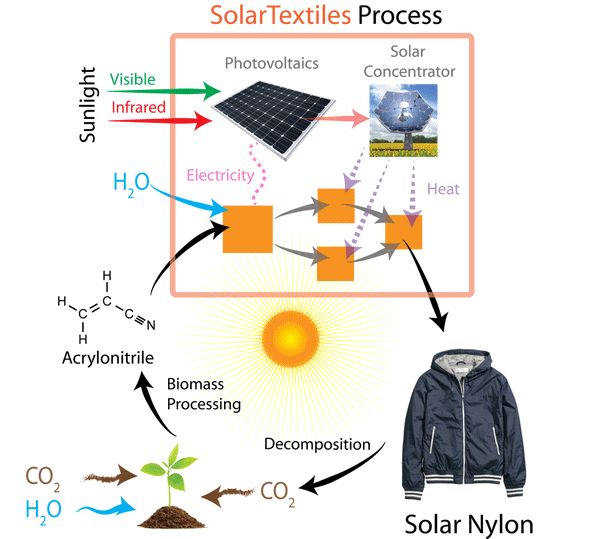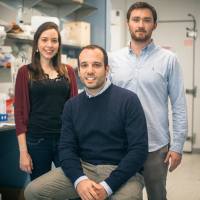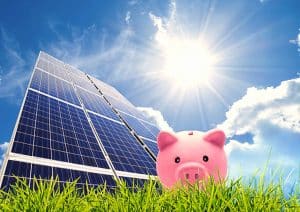A proposed process to create a precursor for nylon using solar power, water and plant waste has won a 2017 Global Change Award from the H&M Foundation.
Nylon was created accidentally in 1930 and is everywhere today. The thermoplastic material is used primarily for flooring, molded car parts, food packaging and is extensively utilised in clothing.
Creating nylon is an energy-intensive process and there is a large demand for it – around 6 million tons per year. The Higg Materials Sustainability Index (MSI) gives nylon fabric a score of 56, scoring it worse than just over 79% of other textiles in the MSI.
There’s certainly some room for improvement to make this ubiquitous material a little friendlier to the planet.
NYU Tandon School of Engineering Assistant Professor Miguel Modestino and Sophia Haussener of the École Polytechnique Fédéral de Lausanne (EPFL) have developed a process they believe will lighten nylon’s environmental impact.

Their process uses solar panels to drive the electrochemical reduction of acrylonitrile (ACN), which can be derived from plant waste, to adiponitrile (ADN) and hydrogen. This in turn will be synthesized into hexanediamine (HDA), one of the existing precursors to Nylon 6,6.
“It is gratifying to contribute toward a zero-emissions world,” said Professor Modestino. “Once this process is tested and scaled up, there is the potential to expand the concept to other segments of the chemical industry, including the synthesis of substances like aluminum and chlorine.”
The Global Change Awards calls for game-changing ideas that can help reinvent the entire fashion industry and help make it more sustainable.
This year’s Global Change Award saw nearly 3,000 applications. The other winners included a project that creates leather from grapes and another involving bio-textiles made from recycled cow dung called Manure Couture. The winners of a total of EUR 1 million in grants were selected by public vote.
All winners will be assisted in further developing their ideas, focusing on three main areas; circular economy, innovation and fashion industry connection.
In related news, last week we mentioned H&M Group had published its Sustainability Report 2016. The company states it increased its renewables-sourced electricity consumption significantly last year, to 96%, and made major inroads in other areas of its operations.







































